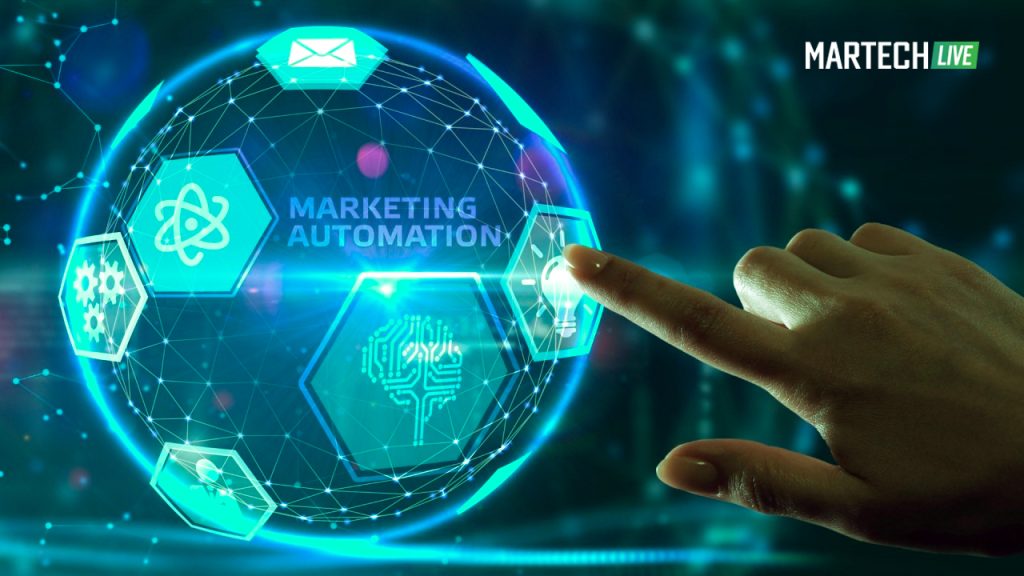Businesses can now handle their marketing processes more efficiently, increase client interaction, and streamline tasks due to marketing automation. Organizations can redirect their attention towards more strategic endeavours that promote expansion and sustained prosperity by automating monotonous tasks like email advertising, social media posting, and client segmentation.
Businesses have been able to establish a smooth and effective workflow with the implementation of marketing automation. Businesses can use automation solutions to carry out operations accurately and consistently in place of handling client contacts and marketing campaigns by hand. This change guarantees that marketing initiatives stay precise and successful while also saving time and minimizing human error.
Giving organizations a clear, data-driven perspective on their marketing plans is one of the biggest benefits of marketing automation. Businesses may learn more about the preferences, interaction styles, and purchasing paths of their audience by monitoring customer behavior across a variety of media. This makes it possible for companies to customize their marketing campaigns in order to convey more individualized and focused messages, which eventually raises client satisfaction and brand loyalty.
Enhancing customer engagement
Businesses now prioritize a customer-centric strategy, and marketing automation is essential to building closer client bonds. Businesses can communicate with their audience more effectively by using automated workflows to send tailored messages at the appropriate moment based on client engagements.
Businesses can distribute relevant information that appeals to particular audiences by using automated systems to segment clients based on their interests and purchasing patterns. This raises the possibility of conversions while also improving engagement. Additionally, companies can enhance the overall customer experience by using chatbots and automated responses to offer immediate assistance.
Furthermore, businesses may maximize their marketing efforts and cut expenses by implementing marketing automation, which is a potent growth accelerator. As automation enables them to implement complex marketing plans without requiring substantial resources, small and medium-sized businesses (SMEs) are increasingly implementing these solutions to compete with larger corporations.
Affordability and usability are important considerations for SMEs when selecting automation technologies. Smaller firms can more easily adopt automation without going over their budgets thanks to the scalable solutions that many marketing automation systems offer, which are suitable for enterprises of all sizes. As a result, more companies are realizing how automation can improve their marketing effectiveness and competitiveness in general.
The rise of AI and machine learning in Marketing Automation
Machine learning and artificial intelligence (AI) are becoming essential components of contemporary marketing automation. Businesses can now analyze enormous volumes of client data, spot trends, and forecast future developments thanks to these technologies. Businesses may boost personalization, optimize ad targeting, and hone their marketing strategies by utilizing AI-driven information.
Businesses are utilizing machine learning algorithms to improve lead-scoring strategies, automate content recommendations, and fine-tune consumer segmentation in areas where AI usage is expanding quickly. This increases conversion rates and maximizes the effect of their marketing activities by enabling them to interact with the appropriate customers at the right time.
Regional trends
Marketing automation is being used by businesses all around the world to improve productivity and client interaction. Companies in the US are adopting AI and machine learning to improve predictive analytics and personalization, while SMEs in Canada are employing automation to optimize marketing while paying close attention to data privacy. Account-based marketing, or ABM, is becoming more popular in the UK, and multichannel automation is being used extensively to optimize digital marketing initiatives.
To enhance the online purchasing experience, Germany is giving priority to localized and multilingual automation solutions, especially in e-commerce. Meanwhile, the need for automation solutions that work well with social media is being driven by China’s burgeoning e-commerce industry. Automation is being adopted by both B2B and B2C businesses in India, which are concentrating on analytics and ROI evaluation to improve their marketing tactics. Businesses from all around the world are making use of automation’s promise to boost growth and remain competitive as it develops further.
It is anticipated that the use of marketing automation will increase even more as companies continue to see its advantages. More sophisticated AI-driven features, enhanced predictive analytics, and greater connectivity with multiple digital channels are probably in store for marketing automation in the future.
Businesses that put automation first will have a competitive advantage because they can produce marketing strategies that are more focused, effective, and economical. In the digital age, automation will continue to be a crucial component of corporate success, whether it is through improving customer engagement, boosting sales efficiency, or refining marketing techniques.
Businesses may keep ahead of industry trends and develop a more individualized, effective, and impactful marketing strategy that promotes long-term growth by implementing marketing automation.



